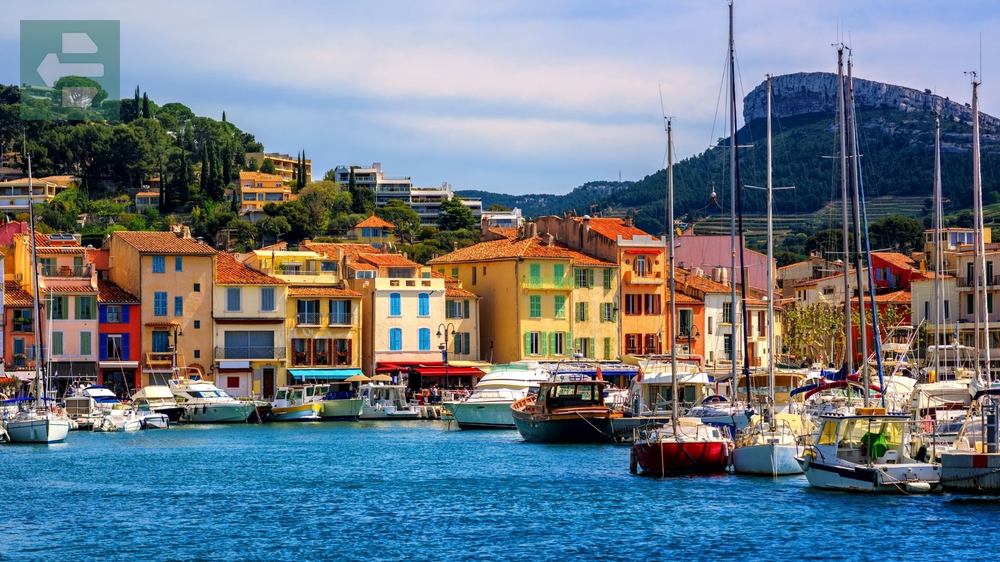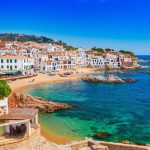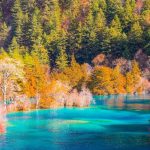September brings perfect weather to Central and Eastern Europe. Countries like Czech Republic, Germany, and Croatia offer warm days and cool nights. Hungary's thermal baths beckon while Poland's medieval cities glow in autumn light. Switzerland's mountains show their last green before winter.
Keep reading as we uncover the best European countries to visit in September, where summer crowds fade and authentic experiences await.
List of Contents
- 1. Czech Republic: Medieval Magic Without the Masses
- 2. Germany: Oktoberfest and Autumn Colors
- 3. Austria: Sound of Music Weather
- 4. Switzerland: Last Call for Alpine Adventures
- 5. Croatia: Adriatic's Golden Hour
- 6. Hungary: Thermal Baths and Harvest Season
- 7. Poland: Medieval Cities in Golden Light
- 8. Slovakia: Hidden Gem of Central Europe
- 9. Slovenia: Europe's Best Kept Secret
- 10. Bosnia and Herzegovina: Ottoman Heritage Meets Mountain Beauty
- 11. Serbia: Belgrade's Bohemian Energy
- 12. Montenegro: Adriatic Meets Mountains
- 13. Albania: Europe's Final Frontier
- 14. North Macedonia: Ancient Crossroads
- September's European Promise
1. Czech Republic: Medieval Magic Without the Masses
Prague's cobblestone streets empty as September arrives. The golden city reveals itself without tourist hordes blocking every photograph. Charles Bridge at dawn belongs to you and the early joggers.
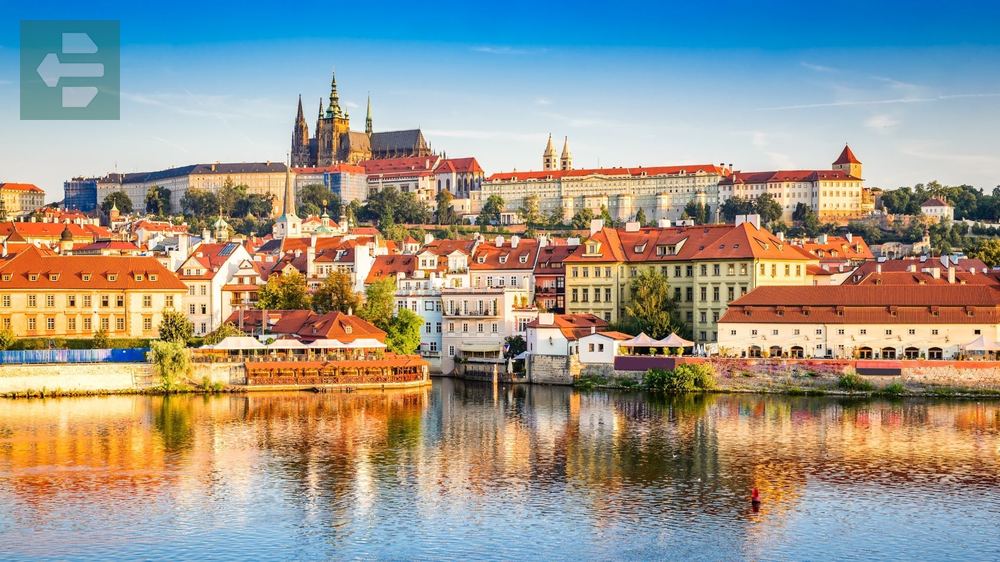
I walked through Prague Castle gardens on a September morning when mist still clung to the Vltava River. The silence made every footstep echo against ancient stones. This is when Prague shows its true character.
Local beer gardens stay open late into September evenings. Try the smaller pubs in Vinohrady district where locals gather after work.
Quick Facts:
- Peak Season: May-August
- Getting There: Direct flights to Prague from major European cities
- Entry Fee: Castle complex from €12
- Suggested Stay: 3-4 days
- Must-See: Prague Castle, Old Town Square, Český Krumlov, Karlovy Vary
2. Germany: Oktoberfest and Autumn Colors
Munich celebrates Oktoberfest while the Black Forest turns amber and gold. September marks Germany's most festive month, yet temperatures remain comfortable for walking through medieval towns.

Bavaria's fairy-tale castles look their best framed by changing leaves. Neuschwanstein Castle draws fewer crowds after summer ends, making those iconic photos finally possible.
Book accommodation early if visiting during Oktoberfest. Alternative beer festivals in smaller towns offer authentic experiences without Munich's chaos.
Quick Facts:
- Peak Season: June-August
- Getting There: Multiple international airports, excellent train connections
- Entry Fee: Neuschwanstein Castle €15
- Suggested Stay: 7-10 days
- Must-See: Munich, Berlin, Neuschwanstein, Rhine Valley, Hamburg
3. Austria: Sound of Music Weather
Vienna's concert halls reopen their full seasons while Salzburg basks in perfect hiking weather. The Alps show their dramatic beauty before snow covers the peaks.
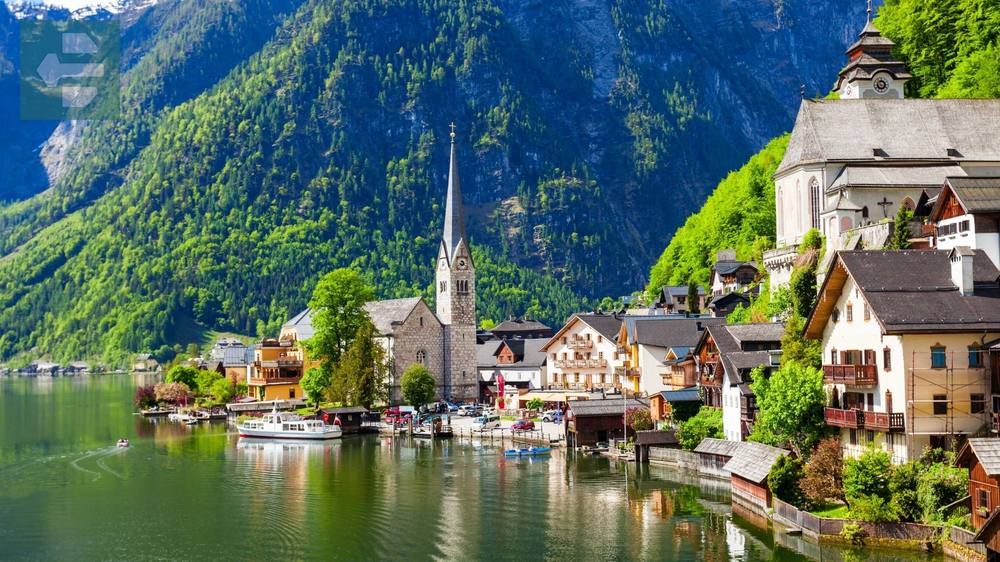
September mornings in Hallstatt mirror the lake like glass. I watched swans glide past pastel houses while church bells echoed across the water. Tourist buses arrive later, giving you those peaceful moments.
Take early morning trains between cities. Austrian railways run precisely on time, and sunrise views through alpine valleys beat any first-class flight.
Quick Facts:
- Peak Season: July-August, December-January
- Getting There: Vienna and Salzburg airports, excellent rail network
- Entry Fee: Schönbrunn Palace €16
- Suggested Stay: 5-7 days
- Must-See: Vienna, Salzburg, Hallstatt, Innsbruck, Melk Abbey
4. Switzerland: Last Call for Alpine Adventures
Cable cars still run to mountain peaks while hiking trails remain snow-free. September offers Switzerland's final chance for high-altitude adventures before winter closes the passes.
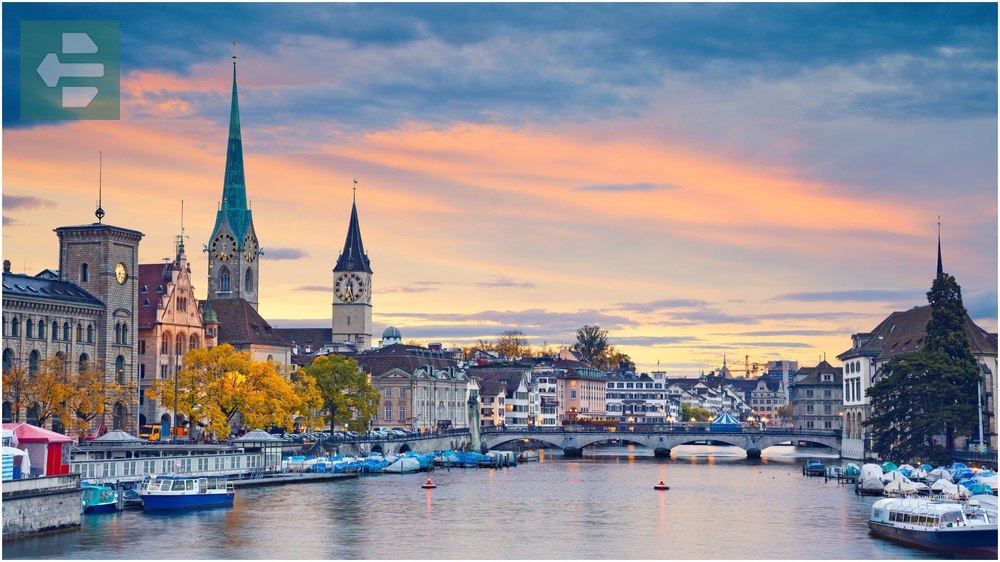
The Jungfraujoch journey feels different in September's clear air. Alpine flowers bloom their last burst of color while glaciers gleam against blue skies unmarred by summer haze.
Buy a Swiss Travel Pass for unlimited train and cable car access. Mountain weather changes quickly, so pack layers even for valley excursions.
Quick Facts:
- Peak Season: June-September, December-March
- Getting There: Zurich and Geneva airports, direct trains from neighboring countries
- Entry Fee: Jungfraujoch €65
- Suggested Stay: 5-8 days
- Must-See: Jungfraujoch, Matterhorn, Lake Geneva, Lucerne, Interlaken
5. Croatia: Adriatic's Golden Hour
The Dalmatian coast glows in September's softer light. Sea temperatures peak while crowds thin, creating perfect conditions for island hopping. Dubrovnik's ancient walls cast longer shadows as summer fades.
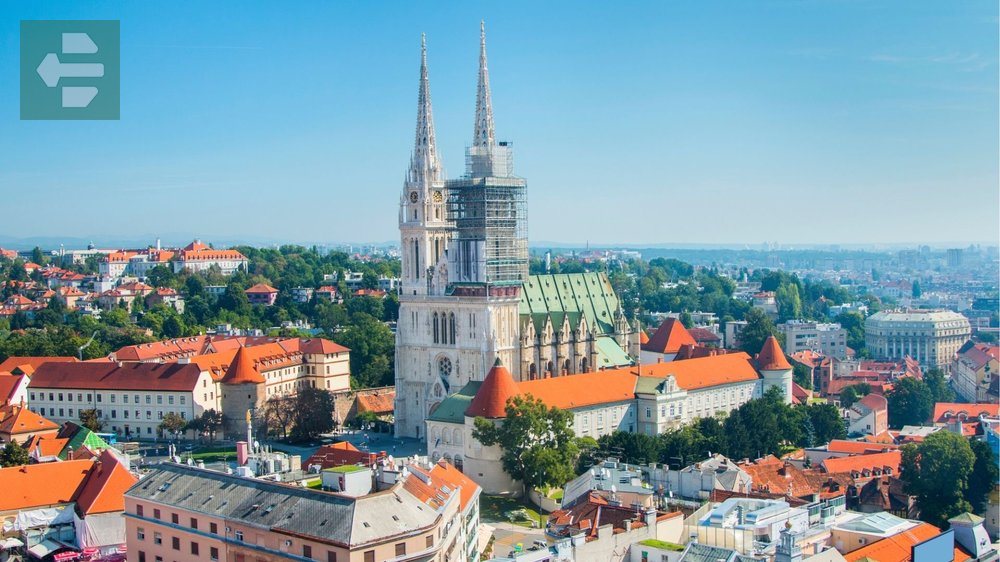
Split's Diocletian Palace comes alive in early September evenings. Locals reclaim their city from summer tourists, filling waterfront cafes with animated conversations that last until midnight.
Ferry schedules reduce after September, so plan island visits early in the month. Local restaurants reopen traditional menus after serving tourists all summer.
Quick Facts:
- Peak Season: July-August
- Getting There: Zagreb, Split, and Dubrovnik airports
- Entry Fee: Dubrovnik city walls €35
- Suggested Stay: 7-10 days
- Must-See: Dubrovnik, Split, Plitvice Lakes, Hvar Island, Rovinj
6. Hungary: Thermal Baths and Harvest Season
Budapest's thermal baths feel perfect as September evenings cool. The Danube reflects Parliament's lights while wine harvest begins in nearby regions. Pest's ruin bars buzz with energy as students return to the city.

Széchenyi Baths at sunset offer pure magic. Steam rises from thermal pools while art nouveau buildings frame the scene. This is when you understand why Budapest earned its reputation as the “Pearl of the Danube.”
Visit wine regions like Eger during harvest season. Local vintners offer tastings of new vintage alongside aged selections.
Quick Facts:
- Peak Season: May-September
- Getting There: Budapest Ferenc Liszt Airport
- Entry Fee: Széchenyi Baths €20
- Suggested Stay: 4-5 days
- Must-See: Budapest, Lake Balaton, Eger, Pécs, Debrecen
7. Poland: Medieval Cities in Golden Light
Krakow's Main Market Square empties of tour groups while Warsaw's reconstructed Old Town glows in autumn sun. September brings Poland's most photogenic weather without summer's oppressive heat.

The salt mines of Wieliczka feel refreshingly cool after warm September days above ground. Underground chambers carved from pure salt create an otherworldly cathedral 300 feet below Krakow.
Polish milk bars serve hearty traditional food at unbeatable prices. These communist-era cafeterias offer authentic local experience.
Quick Facts:
- Peak Season: May-September
- Getting There: Warsaw and Krakow airports
- Entry Fee: Wieliczka Salt Mine €25
- Suggested Stay: 6-8 days
- Must-See: Krakow, Warsaw, Gdansk, Wroclaw, Zakopane
8. Slovakia: Hidden Gem of Central Europe
Bratislava's compact old town reveals itself without crowds while the High Tatras offer excellent hiking before snow arrives. September showcases Slovakia at its most accessible.
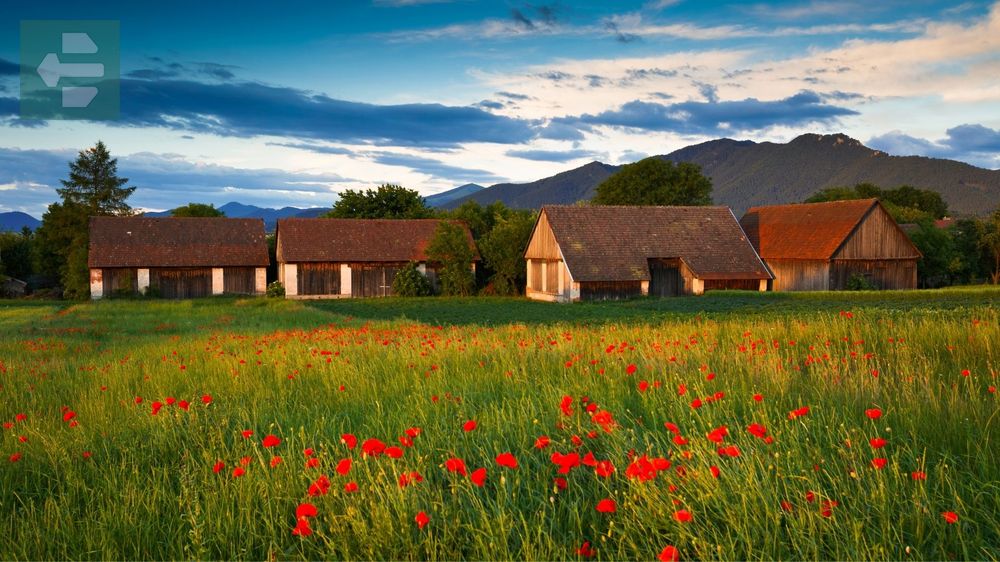
Spiš Castle sprawls across hilltops like a medieval city frozen in time. Walking these ruins on a September morning, you hear only wind through ancient stones and distant cowbells from valleys below.
Local trains connect major attractions affordably. Slovak hospitality shines brightest when tourist pressure subsides.
Quick Facts:
- Peak Season: June-August
- Getting There: Bratislava airport, easy connections from Vienna
- Entry Fee: Spiš Castle €8
- Suggested Stay: 3-4 days
- Must-See: Bratislava, High Tatras, Spiš Castle, Bojnice Castle, Orava Castle
9. Slovenia: Europe's Best Kept Secret
Lake Bled mirrors surrounding mountains while Ljubljana's dragons guard empty bridges. September reveals Slovenia's fairy-tale beauty without summer's tourist invasion.

Postojna Cave maintains constant temperature year-round, making September visits comfortable after warm days exploring the surface. Underground train rides through limestone galleries feel like journeys to Middle Earth.
Rent a car to explore efficiently. Slovenia's compact size means you can see multiple regions in a short visit.
Quick Facts:
- Peak Season: July-August
- Getting There: Ljubljana airport, easy drive from neighboring countries
- Entry Fee: Postojna Cave €27
- Suggested Stay: 4-5 days
- Must-See: Lake Bled, Ljubljana, Postojna Cave, Piran, Vipava Valley
10. Bosnia and Herzegovina: Ottoman Heritage Meets Mountain Beauty
Sarajevo's mix of Ottoman, Austro-Hungarian, and Yugoslav architecture tells complex stories while Mostar's bridge spans both river and history. September offers perfect weather for exploring this cultural crossroads.
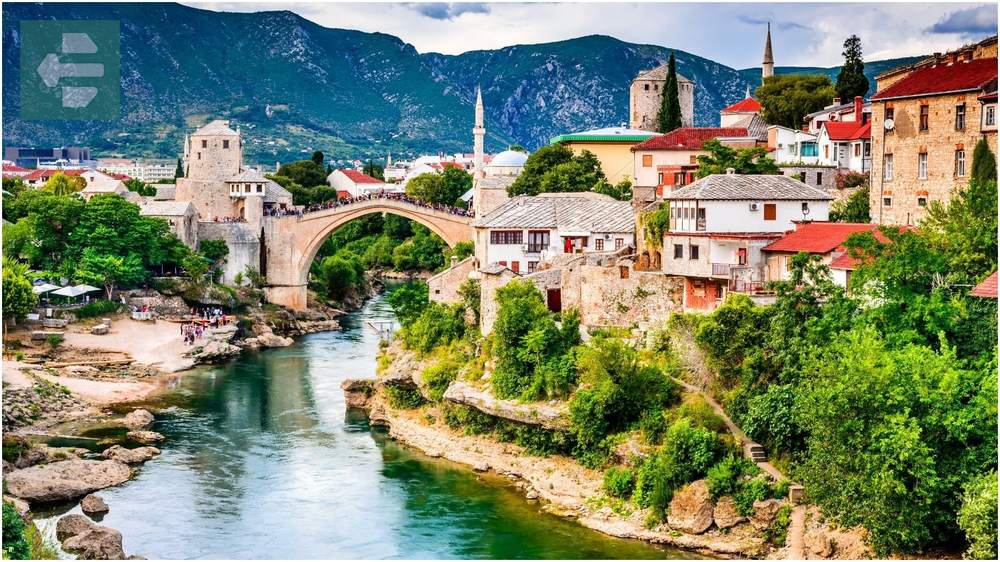
Standing on Mostar's rebuilt bridge at sunrise, you understand resilience. The Neretva River flows emerald green below while minarets call faithful to prayer across stone-paved streets.
Local coffee culture runs deep. Spend afternoons in traditional coffee houses watching life unfold at Balkan rhythm.
Quick Facts:
- Peak Season: May-September
- Getting There: Sarajevo airport, overland from neighboring countries
- Entry Fee: Most attractions free or minimal cost
- Suggested Stay: 5-6 days
- Must-See: Sarajevo, Mostar, Blagaj, Jajce, Travnik
11. Serbia: Belgrade's Bohemian Energy
The Danube and Sava rivers converge at Belgrade's fortress while the city's famous nightlife extends into September's warm evenings. Novi Sad's pedestrian zones fill with locals as summer tourists depart.

Kalemegdan Fortress at sunset reveals Belgrade's strategic importance. Two great rivers meet below while the city spreads in all directions, a testament to survival through countless invasions.
Belgrade's floating river clubs stay open through September. These splavovi offer unique nightlife experiences along the Danube.
Quick Facts:
- Peak Season: May-September
- Getting There: Belgrade Nikola Tesla Airport
- Entry Fee: Most historical sites free
- Suggested Stay: 4-5 days
- Must-See: Belgrade, Novi Sad, Niš, Studenica Monastery, Đavolja Varoš
12. Montenegro: Adriatic Meets Mountains
The Bay of Kotor reflects medieval towns while Durmitor National Park offers hiking before winter arrives. September showcases Montenegro's dramatic contrasts without summer's crushing heat.
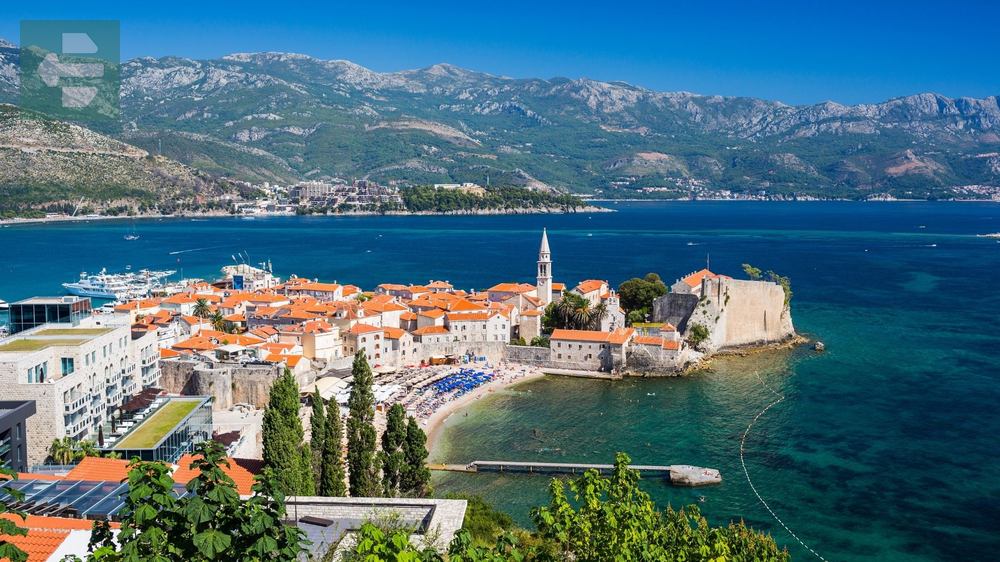
Driving the serpentine road to Cetinje reveals why Montenegro means “Black Mountain.” Pine forests cling to limestone peaks while the Adriatic sparkles far below through gaps in the clouds.
September ferry services still connect coastal towns efficiently. Book accommodations early as many small hotels close after September.
Quick Facts:
- Peak Season: July-August
- Getting There: Podgorica or Tivat airports
- Entry Fee: Durmitor National Park €3
- Suggested Stay: 5-7 days
- Must-See: Kotor, Budva, Durmitor National Park, Cetinje, Perast
13. Albania: Europe's Final Frontier
The Albanian Riviera offers pristine beaches while the Albanian Alps provide excellent hiking. September brings perfect weather to this undiscovered corner of Europe.
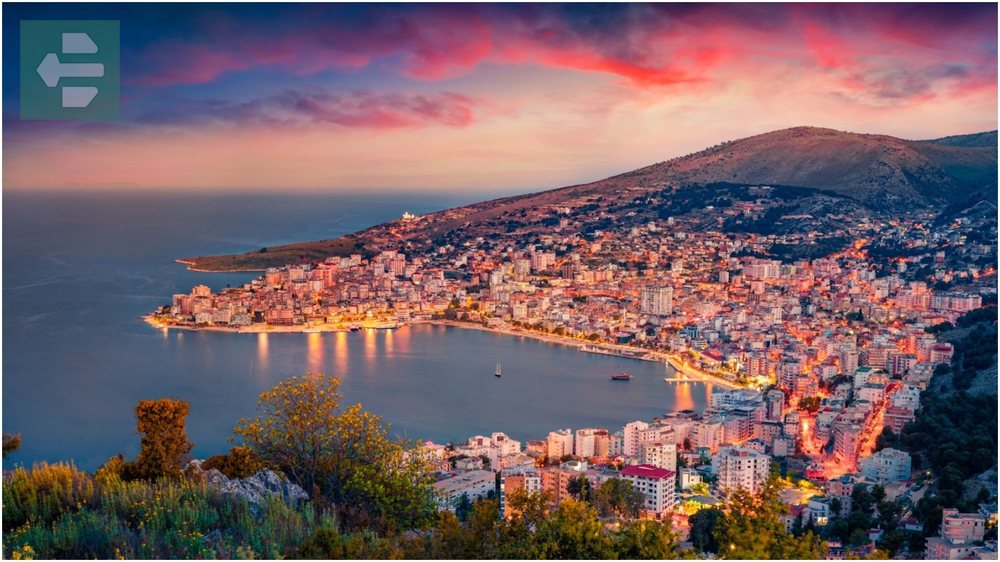
Butrint's ancient ruins sit empty in September's golden light. Walking through Greek, Roman, and Byzantine remains without crowds, you hear only Mediterranean waves and wind through olive groves.
Cash remains king in Albania outside major hotels. ATMs are available in cities but carry euros as backup.
Quick Facts:
- Peak Season: July-August
- Getting There: Tirana airport, overland from neighboring countries
- Entry Fee: Butrint National Park €7
- Suggested Stay: 6-8 days
- Must-See: Tirana, Berat, Gjirokaster, Albanian Riviera, Albanian Alps
14. North Macedonia: Ancient Crossroads
Skopje's eclectic architecture spans millennia while Ohrid's lakeside setting rivals any Alpine resort. September weather makes exploring this Balkan nation comfortable and rewarding.
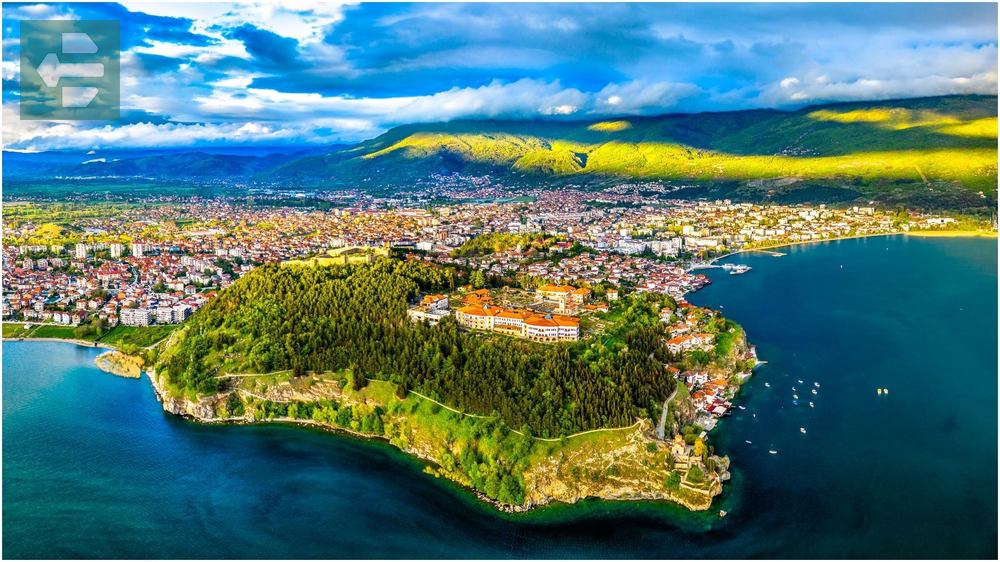
Lake Ohrid on a September morning stretches like molten silver toward Albanian mountains. The old town's Byzantine churches reflect in still water while fishing boats prepare for the day's work.
Traditional restaurants serve generous portions at modest prices. Local wine from Tikvesh region pairs perfectly with grilled meats and fresh lake fish.
Quick Facts:
- Peak Season: May-September
- Getting There: Skopje airport
- Entry Fee: Most sites under €5
- Suggested Stay: 4-5 days
- Must-See: Skopje, Ohrid, Bitola, Mavrovo National Park, Kratovo
September's European Promise
These fourteen countries offer September's perfect balance: warm days, cool nights, and authentic experiences. Summer crowds fade while local life returns to normal rhythms.
Your September journey through Central and Eastern Europe will reward you with genuine connections. Medieval cities reveal their secrets. Mountain peaks display final glory before winter sleep. Thermal baths provide perfect refuge from cooling evenings.
Pack light layers and comfortable shoes. September's best European countries are calling.
